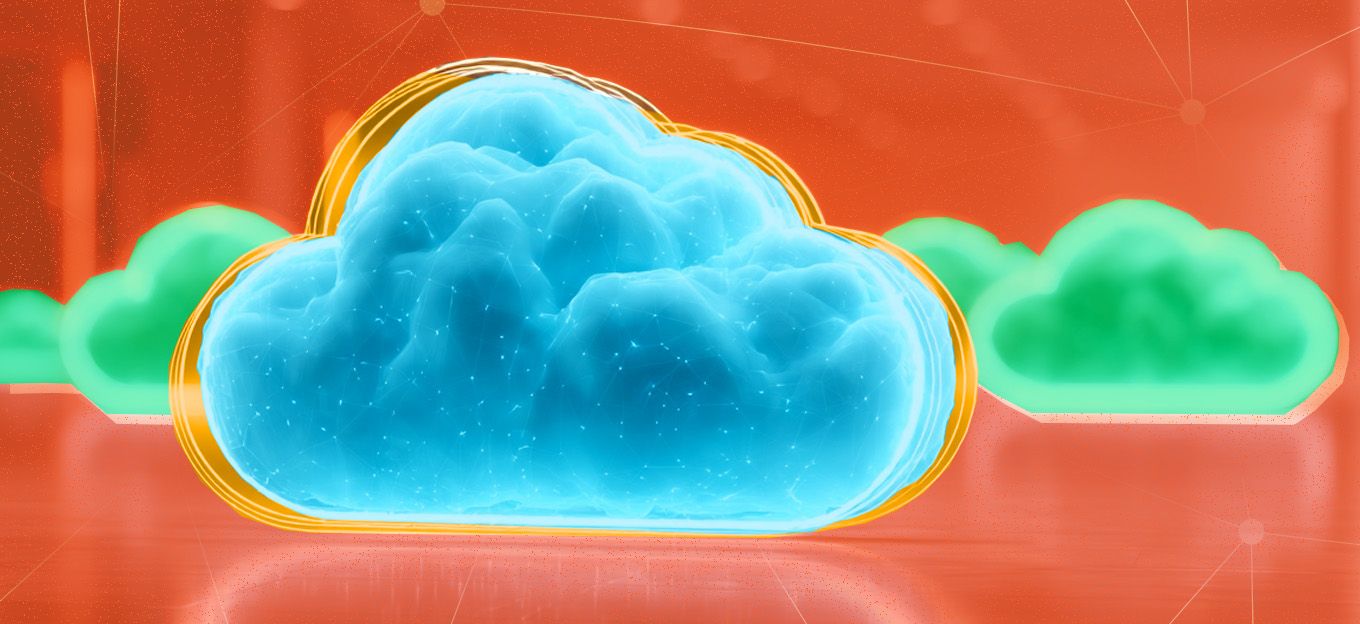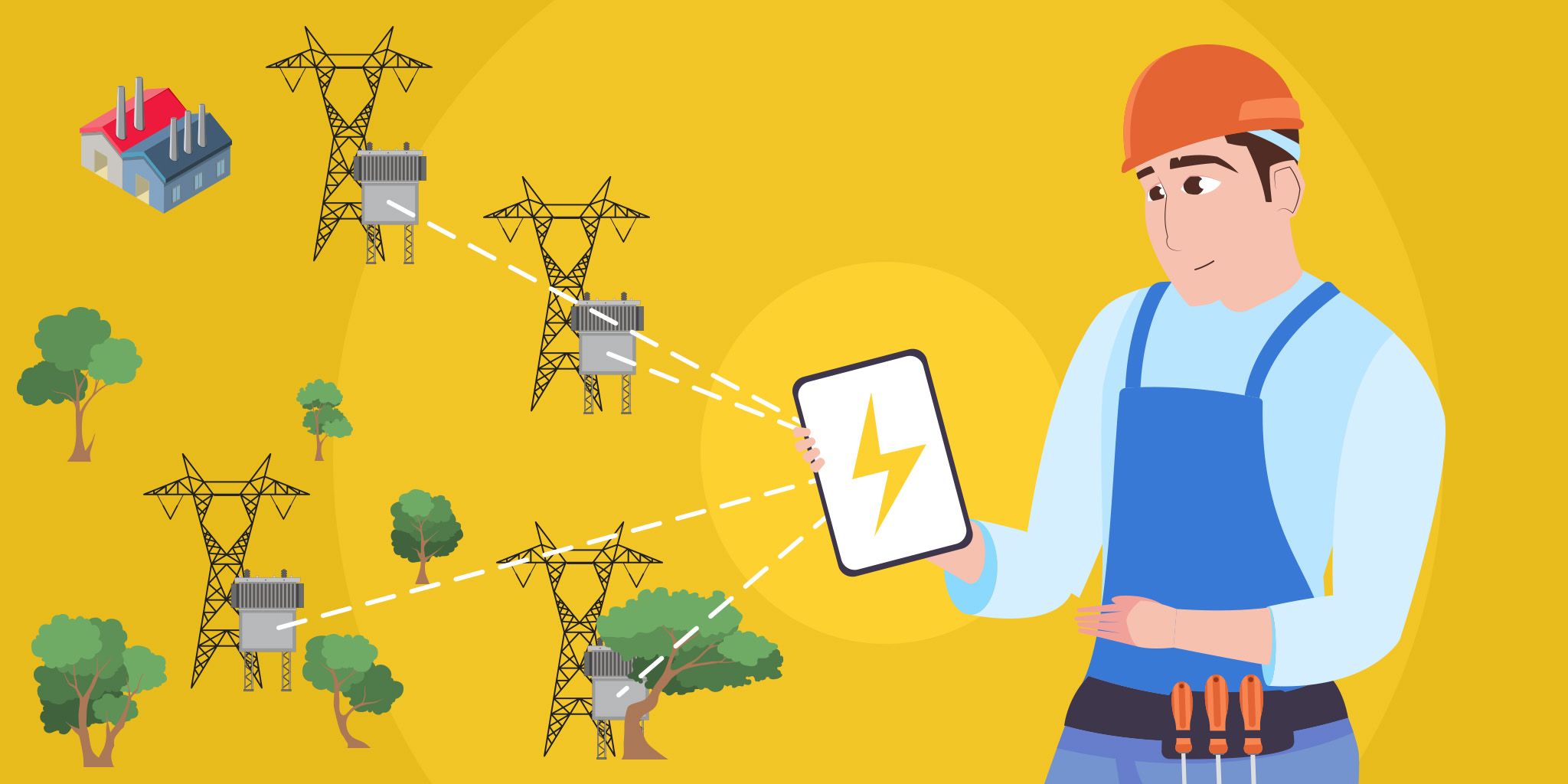Looking into 2023: Reflections & Insights on Industry 4.0 Trends
Looking into 2023: Reflections & Insights on Industry 4.0 Trends
- Last Updated: December 2, 2024
Max Ivannikov
- Last Updated: December 2, 2024



What We Observed This Year
We are facing an energy crisis right now and there's a feeling that many companies will start implementing energy savings measures and optimization —how they use fuel and energy—to save money, change their processes, and so on. I would say this is one of the most meaningful Industry 4.0 trends, and we will definitely see some demand there.
What's Next: Industry 4.0 Trends
I keep on hearing about 5G. I do think that it will change the industry, but it will do it organically, step by step. People are talking about it because 5G does offer promising new horizons: you can increase device density, integrate different parts of your solution, and track your assets, not only in your plans or in your facility, but outside as well, so you can build entirely integrated systems. I will say that it will be interesting. Maybe it won't affect the industry right away, but it will at some point.
'We are facing an energy crisis right now and there's a feeling that many companies will start implementing energy savings measures and optimization to save money, change their processes, and so on.' -DataArt
AI and ML are still trending, and many people see both as important because these technologies help automate processes to a large degree, which is why we should continue to keep our fingers on the pulse of AI/ML. At the same time, it’s two sides of the same coin. On one side, we see that devices are becoming more powerful, and it means that some parts of this AI can be run locally, with all the decisions being made faster since you won't have to pay to transfer your data. Yet, on the other side, there’s the chip crisis, which I don't think will be resolved anytime soon. The demand is high and the supply is low, and that means that certain solutions will be put on hold indefinitely. Edge-technology solutions will boom, and they could use AI/ML extensively.
Another big topic being discussed in the industry is cloud technologies—something people are increasingly focused on. They understand that the technology will save a lot of money and help them to innovate in their businesses with greater ease. That’s how companies prefer to modernize their legacy equipment or solutions today. Nobody wants to spend money to rewrite something they have; people will just upload it to the cloud and integrate it with some new solution. It takes a lot of effort to rewrite legacy code, and one of the ways in which people try to sidestep that expenditure is by using the cloud, putting their code there, in some container, and integrating it with new parts. People are focused on innovations. Moreover, the cloud provides a lot of agility to companies; the benefits are quite obvious.
The good thing is that this year cloud providers released several Industry 4.0 solutions. For instance, Google has introduced the Google Cloud Digital Twin framework. This means that they understand the importance of these new frameworks or paradigms, and we will see more and more of these frameworks and native services in the cloud. This will make it possible to fine-tune manufacturing or other processes quite easily.
Another big trend is Digital Twins. The concept dates to 2005 or so, but the whole idea of simulating some physical object or process by creating a digital copy means that people will be able to gain data insights to understand how to fine-tune their processes and how to make equipment — whole systems, entire production lines—work properly.
The Most Comprehensive IoT Newsletter for Enterprises
Showcasing the highest-quality content, resources, news, and insights from the world of the Internet of Things. Subscribe to remain informed and up-to-date.
New Podcast Episode

Monetizing Connected Cars
Related Articles





